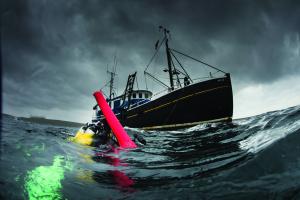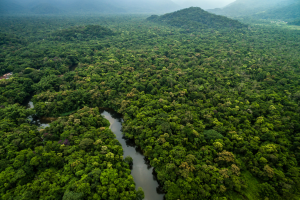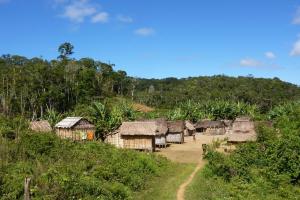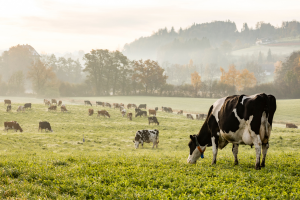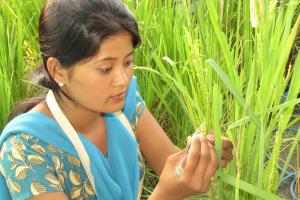REF 2021 Impact Case Studies
Showcasing the range of impact case studies submitted by Bangor University's College of Environmental Sciences and Engineering.
Our Research Themes
We have identified five research themes which span the breadth of research excellence across the CoSE, with potential to draw on expertise across the University.
Working with Others
We are core members of the Envision NERC Doctoral Training Partnership, dedicated to developing next generation leaders in environmental science, together with Lancaster and Nottingham Universities and three independent research centres
We have strategic research partnerships with:
- the UK Centre for Ecology & Hydrology, one of whose four research stations is co-located with the College on the University’s campus in the Environment Centre Wales, constituting one of the largest groups of environmental science researchers in the UK. Our current collaboration is delivering key research evidence to the Welsh Government to inform their environmental policy development.
- the National Oceanography Centre, with whom we have a long track-record of joint research projects in the area of physical oceanography.


